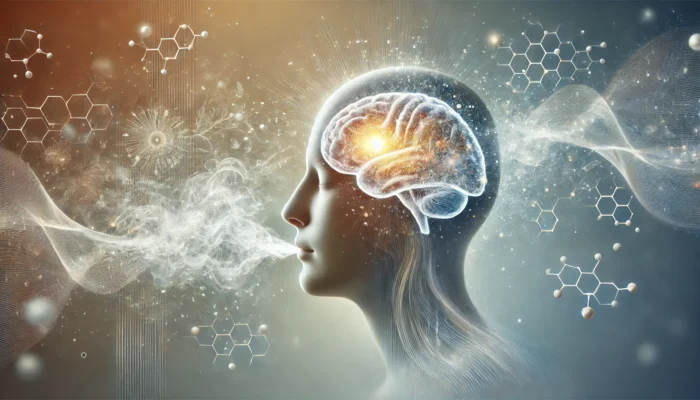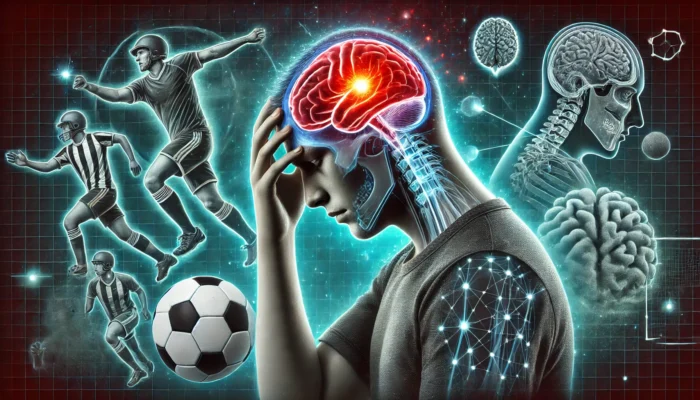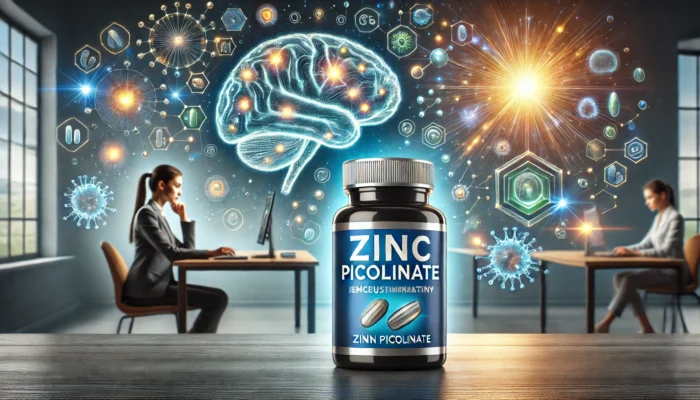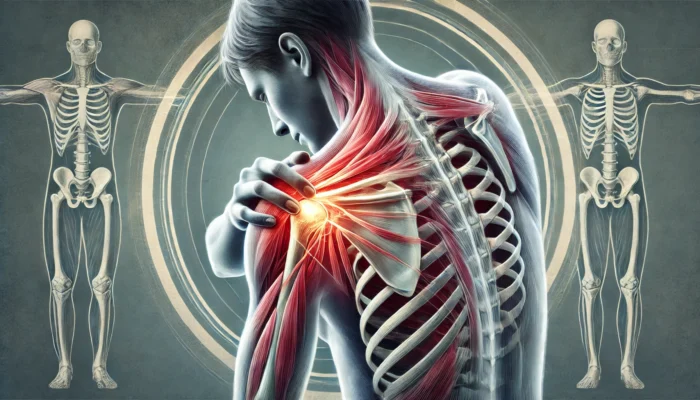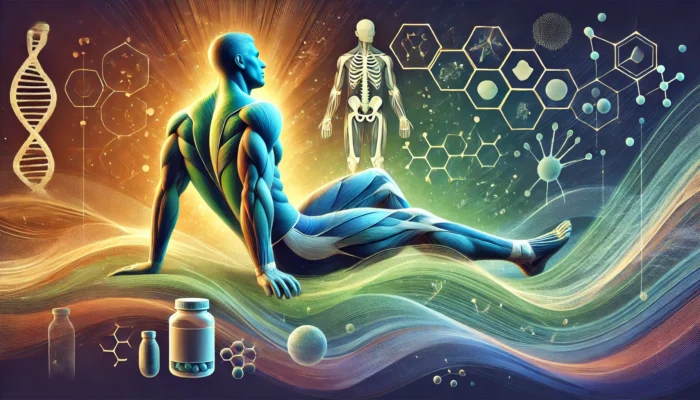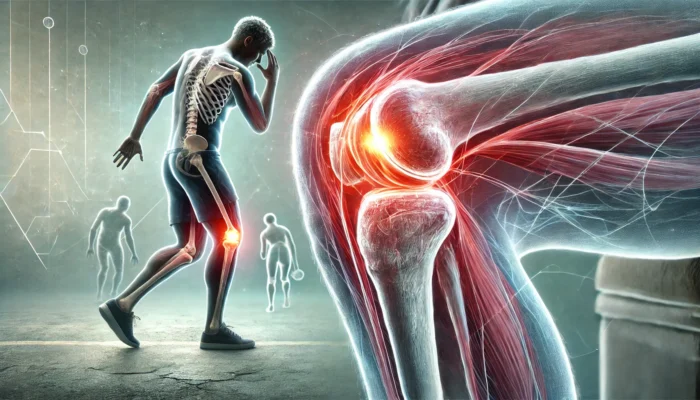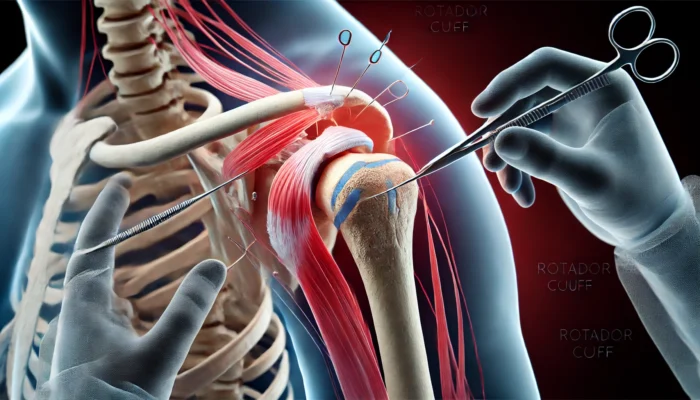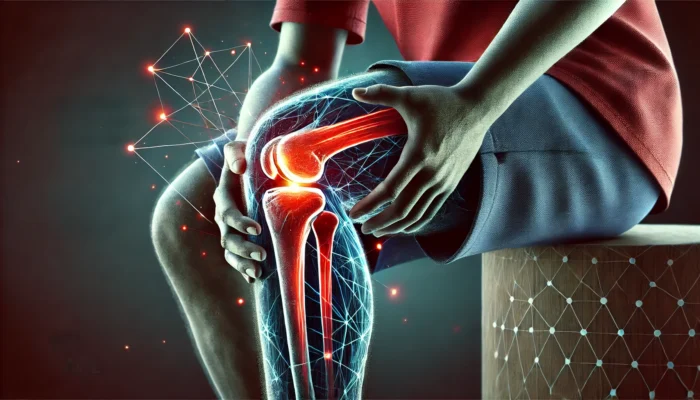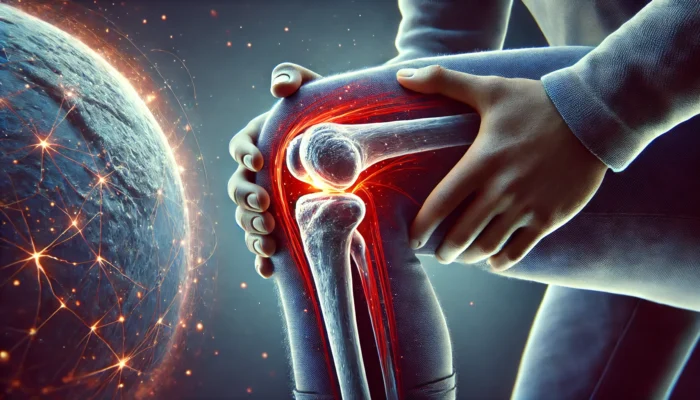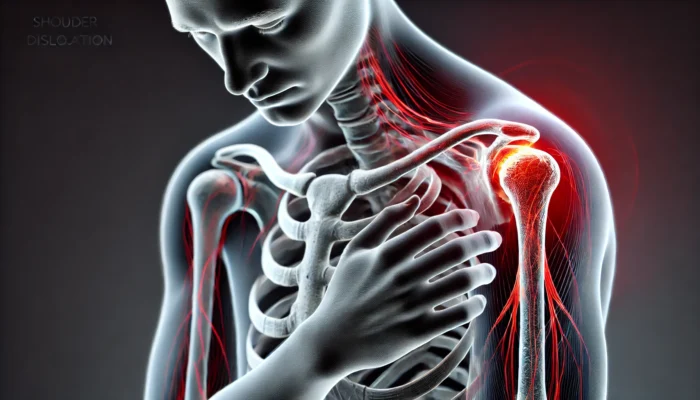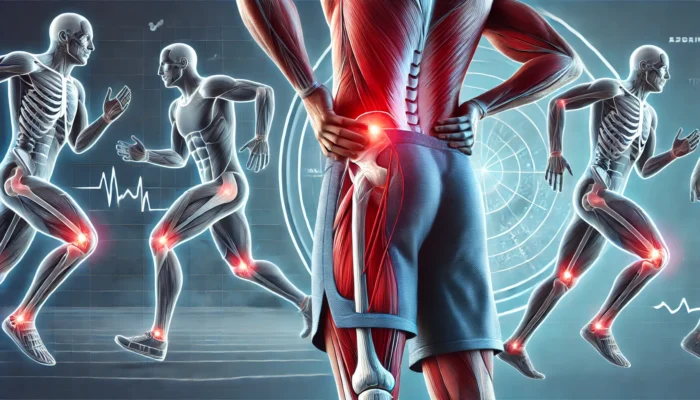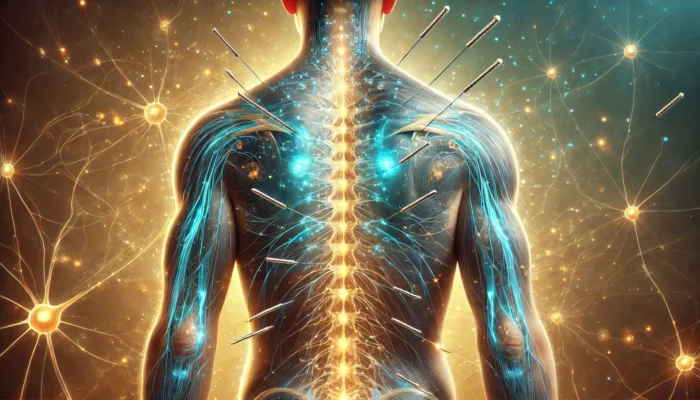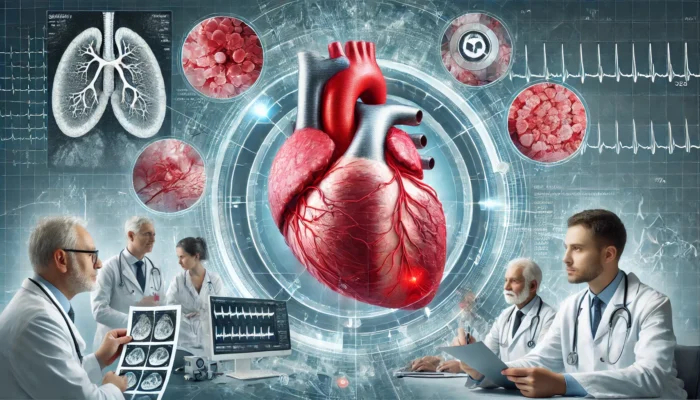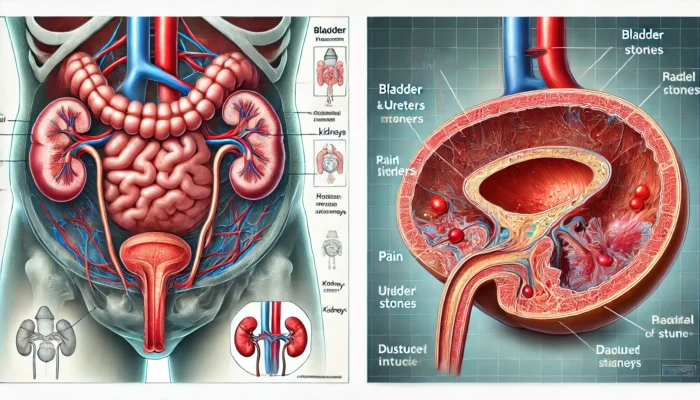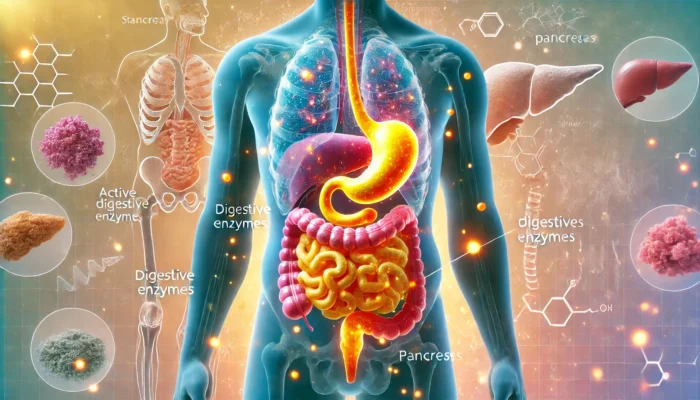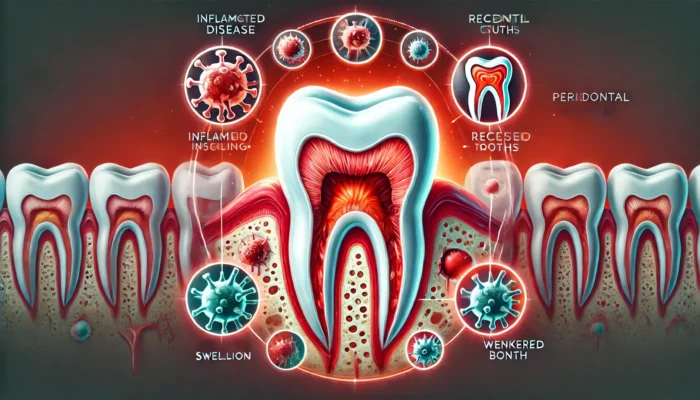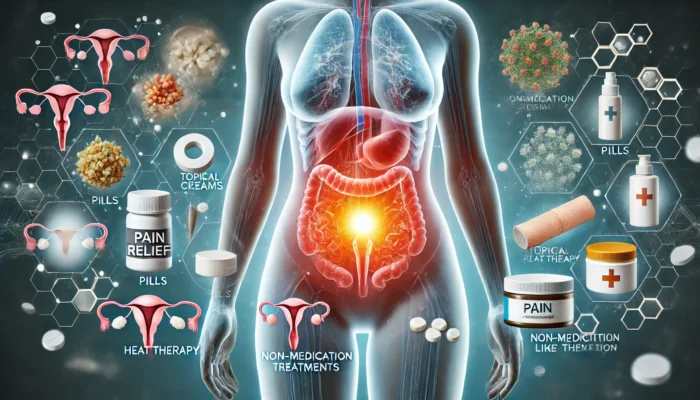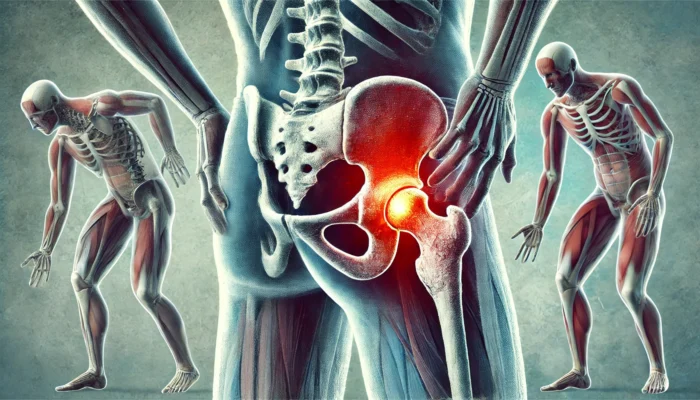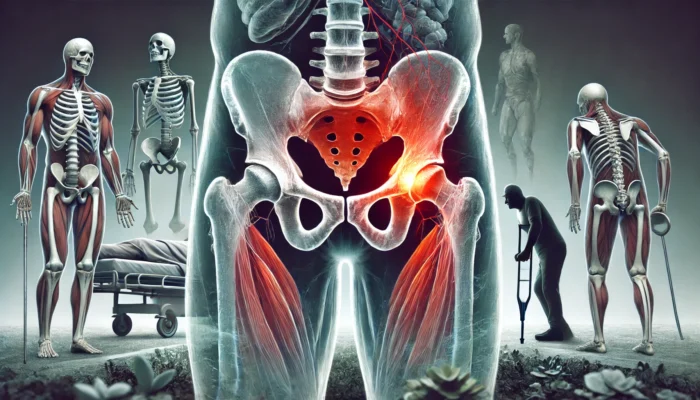Welcome to the HSL Healing Blog: Your Path to Wellness and Recovery
Welcome to the HSL Healing blog! We’re thrilled to have you here as part of our wellness community. This is your go-to space for expert tips, insightful articles, and the latest updates on healing support and holistic health. Whether you’re exploring ways to enhance your recovery or simply looking to lead a more balanced lifestyle, we’re here to guide and inspire you every step of the way. Let’s embark on this journey to better health together!
The Role of Magnesium Glycinate in Optimizing Lymphatic Function
The lymphatic system plays a vital role in maintaining immune health, regulating fluid balance, and [...]
How Magnesium Glycinate Helps Women Regulate Iron Absorption
Maintaining adequate iron levels is essential for women’s health, especially given the physiological demands of [...]
Zinc Picolinate and Brain Fog: Can It Help Clear the Mind?
Brain fog—a condition characterized by forgetfulness, lack of focus, and mental fatigue—affects millions of people [...]
How Magnesium Glycinate May Improve Recovery After a Sports Concussion
Sports concussions, a form of mild traumatic brain injury (mTBI), are increasingly recognized as a [...]
Are You Getting Enough L-lysine? Signs of Deficiency and How to Correct It
L-lysine, one of the nine essential amino acids, is vital for a multitude of physiological [...]
The Role of Zinc Picolinate in Male Fertility Optimization
Male fertility is a critical component of reproductive health, yet it is often overlooked in [...]
Magnesium Glycinate for Nerve Pain Relief in Diabetics: Here’s the Science
Neuropathic pain, a common complication of diabetes, affects up to 50% of individuals with the [...]
Using Magnesium Glycinate for Recovery from Overuse of Caffeine: What You Should Know
Caffeine is a widely consumed stimulant, with approximately 85% of Americans consuming at least one [...]
Exploring Holistic Medicine in Houston, Texas
Holistic medicine is based on the principle that health is a state of complete physical, [...]
Zinc Picolinate and Concentration: A Tool for Better Focus
In today’s fast-paced, digitally connected world, maintaining concentration and mental clarity has become increasingly challenging. [...]
Understanding Antidepressants for Nerve Pain Relief
Antidepressants are widely recognized for their role in treating depression and anxiety disorders, but they [...]
Understanding Calories for Muscle Growth
Calories are units of energy that our bodies require to function optimally. When it comes [...]
ROTATOR CUFF STRAIN: Description, Symptoms, Causes, Treatment Options for Recovery, and Steps for Possible Prevention
The rotator cuff, a group of four muscles and their associated tendons, plays a vital [...]
Zinc Picolinate for Recovery: Why Athletes Rely on Itathlete recovery.Zinc Picolinate for Recovery: Why Athletes Rely on It
Athletes constantly push their physical and mental limits to improve endurance, strength, and overall performance. [...]
The Role of Support Groups in Managing Hypertension Stress
Hypertension, or high blood pressure, is often referred to as the "silent killer" due to [...]
PATELLAR TENDONITIS: Description, Symptoms, Causes, Treatment Options for Recovery, and Steps for Possible Prevention
Patellar tendonitis, often referred to as “jumper’s knee,” is a common overuse injury affecting the [...]
ROTATOR CUFF SURGERY: Description, Healing Stages, Post-Procedure Side Effects, Care Options for Recovery, and Tips to Minimize Downtime
Rotator cuff surgery is a vital procedure for repairing injuries to the tendons surrounding the [...]
Jan
ACL TEAR: Description, Symptoms, Causes, Treatment Options for Recovery, and Steps for Possible Prevention
The anterior cruciate ligament (ACL) is a critical stabilizing structure in the knee joint, commonly [...]
Jan
MENISCUS TEAR: Description, Symptoms, Causes, Treatment Options for Recovery, and Steps for Possible Prevention
A meniscus tear is a common knee injury affecting athletes and non-athletes alike. This condition [...]
Jan
SHOULDER DISLOCATION: Description, Symptoms, Causes, Treatment Options for Recovery, and Steps for Possible Prevention
Shoulder dislocation is a common injury characterized by the displacement of the head of the [...]
Jan
TENNIS ELBOW (LATERAL EPICONDYLITIS): Description, Symptoms, Causes, Treatment Options for Recovery, and Steps for Possible Prevention
Tennis elbow, or lateral epicondylitis, is a common condition that causes pain and discomfort on [...]
Jan
GOLFER’S ELBOW (MEDIAL EPICONDYLITIS): Description, Symptoms, Causes, Treatment Options for Recovery, and Steps for Possible Prevention
Golfer’s elbow, clinically known as medial epicondylitis, is a common overuse injury that affects the [...]
Jan
ANKLE SPRAIN: Description, Symptoms, Causes, Treatment Options for Recovery, and Steps for Possible Prevention
An ankle sprain is one of the most common musculoskeletal injuries, affecting individuals of all [...]
Jan
HAMSTRING STRAIN: Description, Symptoms, Causes, Treatment Options for Recovery, and Steps for Possible Prevention
Hamstring strain is a common injury, particularly among athletes and physically active individuals, that involves [...]
Jan



